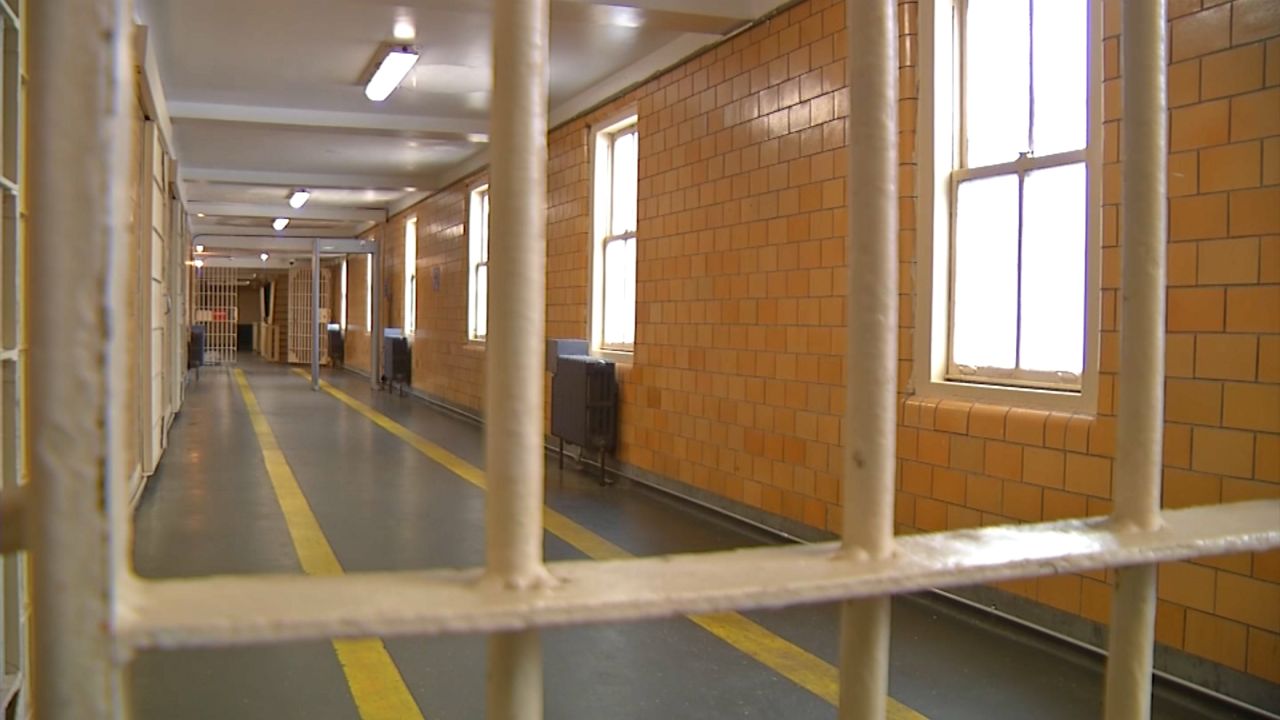A bill meant to seal many criminal records has gained the backing of all of the newly Democratic elected members of the New York state Assembly, supporters of the legislation on Wednesday said.
The proposal, known as the Clean Slate Act by its supporters, has stalled in the state Assembly over the last several years.
The measure has the backing of lawmakers George Alvarez, Grace Lee, Alex Bores, Tony Simone, John Zaccaro, Dana Levenberg, Sarahana Shrestha, Steven Raga and Juan Ardila.
“New York must be a state of opportunity," Alvarez said. "Along with all ten of the newly sworn in Assembly Members, I am proud to co-sponsor the Clean Slate Act. Clean Slate is an economic justice bill, a racial justice bill, a housing justice bill, and a community safety bill. Both data and common sense make clear that eliminating barriers to jobs, housing, and education benefits all of our communities.”
Approval of the record-sealing measure has been sought by advocates for criminal justice law changes, as well as labor unions and business leaders.
The hope is sealing records could lead to people who have completed their sentences be able to obtain jobs and housing.
“As an evidence-based legislator, I am proud to support the Clean Slate Act. The data is clear that this bill would address systemic barriers to jobs and housing posed by old conviction records," Shimsky said. "By increasing access to employment, Clean Slate will help break cycles of poverty and increase public safety, as research in other states has shown, and is tailored to protect vulnerable populations.”
But opponents have questioned the safety behind the legislation. Last month, Assembly Minority Leader Will Barclay said he continued to have concerns with the legislation.
"I think we all believe that in life, you should have second chances, but that doesn't mean carte blanche or you erase the total history of the person," Barclay said. "...Ultimately, people have histories and if it's something that affects their job and the safety of their communities, I think there is a right to know by that community and to wipe that slate out, I think, can create danger."


